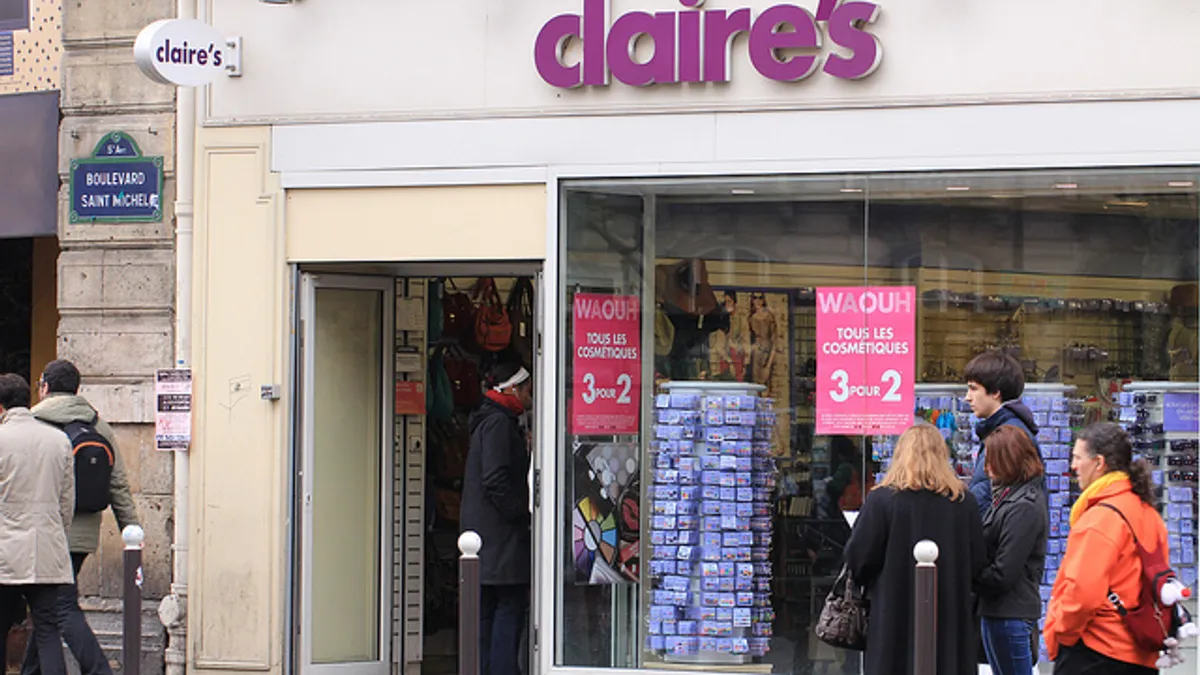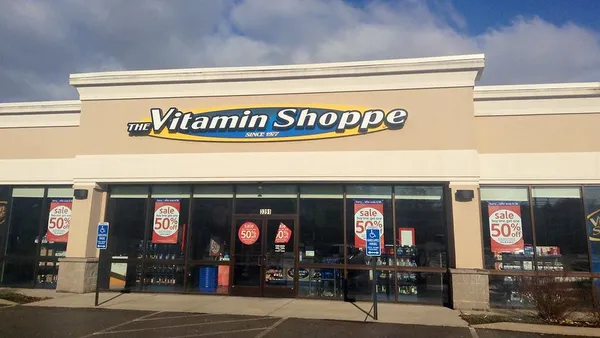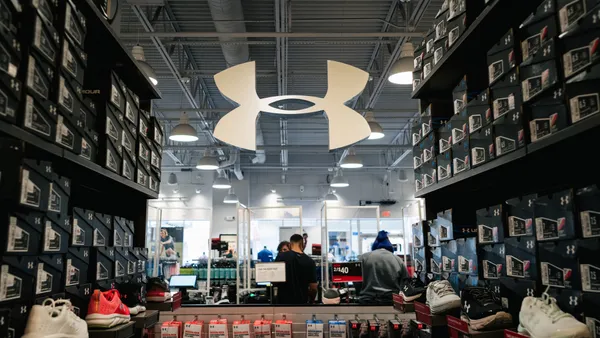Dive Brief:
- After filing for bankruptcy on Monday, Claire's Stores this week won court approval of a $75 million debtor-in-possession (DIP) loan to carry it through the Chapter 11 process, according to court filings.
- As the teen retailer works toward court approval of its full restructuring plan, an investment firm holding a chunk of Claire's debt has objected to some of the retailer's court requests. Attorneys for Oaktree Capital Management, which holds senior secured notes from Claire's due next year, described in a court filing aspects of Claire's restructuring agreement — negotiated with lenders ahead of filing — as "onerous." Oaktree's objection will be addressed in an April 12 hearing, according to a hearing agenda.
- Oaktree attorneys said further that "there are serious questions regarding the independence of [Claire's] and their decision making from their controlling equity sponsor," private equity firm Apollo Global Management, which took Claire's private via a leveraged buyout in 2007. In Oaktree's view, Apollo has, for more than a decade "exercised unfettered control over the debtors." Apollo did not immediately reply to Retail Dive's request for comment.
Dive Insight:
Claire's went into bankruptcy with a plan — which is often crucial to exiting bankruptcy in one piece. The retailer said Monday it expects to emerge from bankruptcy in September, with $150 million in liquidity and with its lenders owning a stake in the reorganized company.
Toys R Us is, unfortunately for the company, a near-perfect example of what can happen when a retailer goes into bankruptcy in what lawyers call "free fall." The toy seller had no restructuring plan worked out with its lenders, no plan at the outset for closing stores — no clear idea of what a post-bankruptcy Toys R Us might look like.
And now Toys R Us might be headed the way of Sports Authority and Circuit City, as the retailer prepares for a wind down of its U.S. business. (However, it is trying to salvage some 200 of its best-performing stores through a deal for its Canadian business.)
Apollo, too, highlighted Toys R Us in a court filing, but as a foil to Claire's.
"The debtors [i.e., Claire's] will say it is because they are a retailer, and in light of the unfolding Toys R Us disaster, they need a day-one pay to a smooth, efficient exit," Oaktree attorneys said. "First of all, Claire's is not Toys R Us. Its financial performance has been steadily improving, its business is currently generating substantial EBITDA (earnings before interest, tax, depreciation and amortization), and management has developed new initiatives that it believes will cause performance to continue to improve."
Attorneys added that Toys R Us also faced "a large senior group of creditors who preferred a liquidation from the outset" while, with Claire's, "all stakeholders believe in the business and support a going-concern reorganization."
Additionally, and "[p]erhaps most importantly," the attorneys said Claire's' restructuring plan would "unfairly and improperly strip the approximately $240 million of second lien [debt] of all value."
"So, the question remains: Why?" the attorneys said. "Perhaps the most credible explanation at this point is the simplest one: The debtors' controlling shareholder, Apollo, has been included in the deal and has aligned its interests with those of the proponents of the plan endorsed by the debtors."
Oaktree's statements might be mere court posturing, but there is growing scrutiny inside and outside of the retail industry on the role private equity has played in the recent spat of bankruptcies. For example, analysts with S&P and Moody's have both recently pointed to leveraged buyouts as a major factor in distressed retail.












